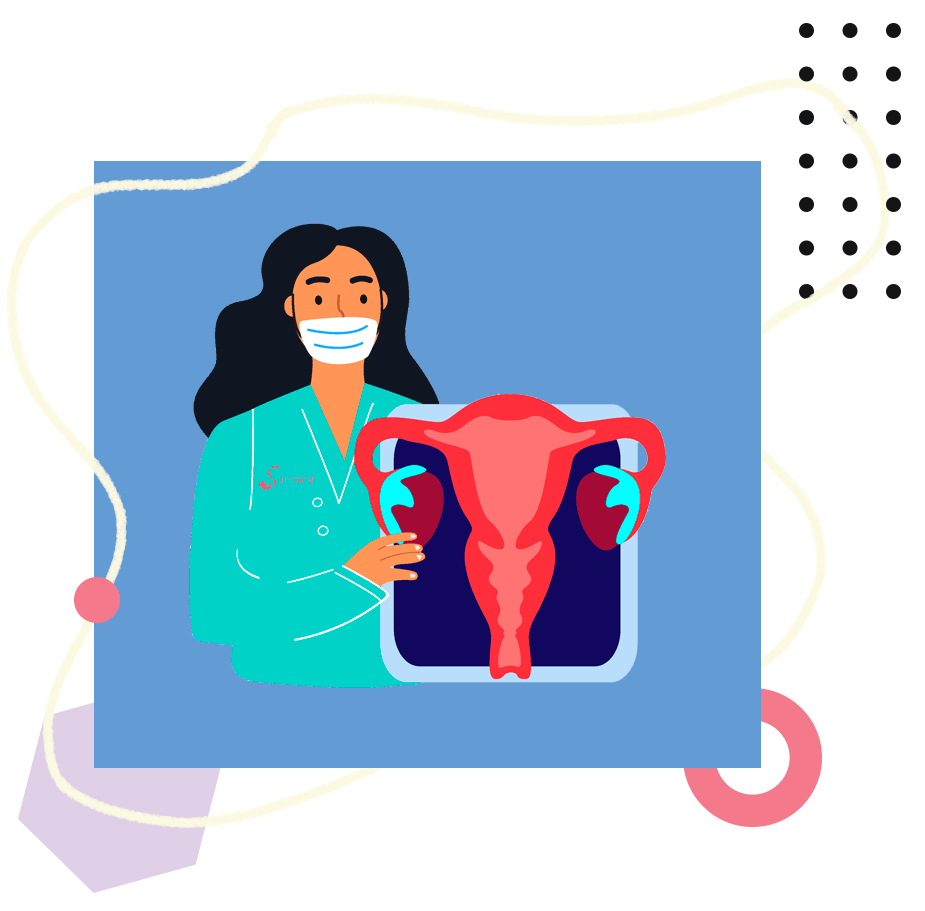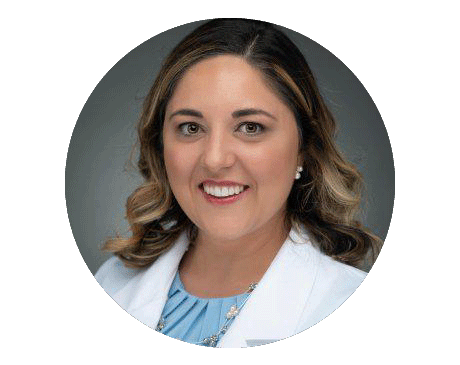Welcome To Suncoast Women’s Care
Providing Gentle Ob/Gyn Care for Women by Women
Obstetrics & Gynecology located in the Tampa Bay area
Welcome To Suncoast Women’s Care
Providing Gentle Ob/Gyn Care for Women by Women
Obstetrics & Gynecology located in the Tampa Bay area
Primary Services
Obstetrics
Pregnancy is a physical and emotional journey that is different for every woman, and every new baby.
Endometrial Ablation
If you dread getting your period because of heavy flow, our expert team at Suncoast Women’s Care offers a treatment that makes long periods shorter and curbs heavy bleeding.
Hysterectomy
Hysterectomy is a surgical procedure that can relieve pelvic pain, vaginal bleeding, and other uncomfortable symptoms, and successfully treat cancer and other gynecologic diseases.
Contraception
Birth control is a very personal topic that deserves careful consideration. Our skilled team of providers are dedicated to educating women about their choices for contraception.


More Services
Annual Well Woman Exam
Minimally Invasive Surgery
Breast Cancer Screening
Ancillary and In-Office Procedures
About Us
Obstetrics & Gynecology located in Trinity, Tampa & Safety Harbor, FL
The team at Suncoast Women’s Care is devoted to providing gentle and comprehensive OB/GYN care for women by women. Serving the community of the Greater Tampa Bay Area. Suncoast Women’s Care offers exceptional women’s health services in a comfortable environment where every patient feels valued and respected.
Women trust the outstanding team of providers at Suncoast Women’s Care for a wide array of health care options, including prenatal, labor and delivery, postnatal, and neonatal care, well-woman exams, breast cancer, and other health screenings, family planning, and minimally invasive procedures to treat urologic and gynecologic conditions.

Meet
Your Providers

Wanda Torres, MD, FACOG
Obstetrician & Gynecologist located in Trinity, FL
Wanda Torres, MD, FACOG, is a gynecologist specializing in women’s reproductive health, obstetrics, minimally invasive surgery, and robotic-assisted surgery at Suncoast Women’s Care. She brings over 20 years of experience to patients in the community of Trinity, Florida and the greater Tampa Bay area.

Shailja Dayal, DO, FACOG
Obstetrics & Gynecology located in Trinity, FL
Shailja Dayal, DO, is a dedicated obstetrician and gynecologist with a passion for women’s health. Dr. Dayal specializes in gynecologic surgery including robotic-assisted, laparoscopic, vaginal and abdominal procedures.

Kamila Malinowska, DO
Obstetrics & Gynecology
Dr. Malinowska is a board-eligible physician in Obstetrics and Gynecology. She has a special interest in not only obstetrics and gynecology but also LGBTQIA healthcare, contraception, and family planning.

Ivelisse Ruiz, MD FACOG
Gynecologist located in Westchase, FL
Ivelisse Ruiz, MD, FACOG, is a gynecologist specializing in women’s reproductive health and minimally invasive surgery, including laparoscopy and vaginal surgery at Suncoast Women’s Care of Westchase.

Giovanna Barlow, APRN, CNM
Certified Nurse Midwife located in Trinity, FL
Giovanna Barlow is an Advanced Practice Registered Nurse and Certified Nurse Midwife bringing extensive nursing experience in obstetrics to Suncoast Women’s Care in Trinity, Florida.

Robyn Reese, APRN, CNM
Certified Nurse Midwife located in Trinity, FL
Robyn Reese, CNM, APRN, is an Advanced Practice Registered Nurse and Certified Nurse Midwife bringing over 25 years of nursing experience to the team at Suncoast Women’s Care.

Stacy Spinner APRN, NP-C
Advanced Practice Registered Nurse
Stacy is an Advanced Practice Registered Nurse and Board-certified family nurse practitioner with Suncoast Women’s Care. She has dedicated over 27 years of service in healthcare to the Pinellas/Pasco communities.
Meet
Your Providers

Wanda Torres, MD, FACOG
Obstetrician & Gynecologist located in Trinity, FL
Wanda Torres, MD, FACOG, is a gynecologist specializing in women’s reproductive health, obstetrics, minimally invasive surgery, and robotic-assisted surgery at Suncoast Women’s Care. She brings over 20 years of experience to patients in the community of Trinity, Florida and the greater Tampa Bay area.

Shailja Dayal, DO, FACOG
Obstetrics & Gynecology located in Trinity, FL
Shailja Dayal, DO, is a dedicated obstetrician and gynecologist with a passion for women’s health. Dr. Dayal enjoys serving the community of Trinity, Florida, and taking care of women’s needs at Suncoast Women’s Care.

Kamila Malinowska, DO
Obstetrics & Gynecology
Dr. Malinowska is a board-eligible physician in Obstetrics and Gynecology. She has a special interest in not only obstetrics and gynecology but also LGBTQIA healthcare, contraception, and family planning.

Ivelisse Ruiz, MD FACOG
Gynecologist located in Westchase, FL
Ivelisse Ruiz, MD, FACOG, is a gynecologist specializing in women’s reproductive health and minimally invasive surgery, including laparoscopy and vaginal surgery at Suncoast Women’s Care of Westchase.

Giovanna Barlow, APRN, CNM
Certified Nurse Midwife located in Trinity, FL
Giovanna Barlow is an Advanced Practice Registered Nurse and Certified Nurse Midwife bringing extensive nursing experience in obstetrics to Suncoast Women’s Care in Trinity, Florida.

Robyn Reese, APRN, CNM
Certified Nurse Midwife located in Trinity, FL
Robyn Reese, CNM, APRN, is an Advanced Practice Registered Nurse and Certified Nurse Midwife bringing over 25 years of nursing experience to the team at Suncoast Women’s Care.

Stacy Spinner APRN, NP-C
Advanced Practice Registered Nurse
Stacy is an Advanced Practice Registered Nurse and Board-certified family nurse practitioner with Suncoast Women’s Care. She has dedicated over 27 years of service in healthcare to the Pinellas/Pasco communities.
Accepted
Insurance Plans
- Aetna
- Ambetter Exchange
- Avmed
- Blue Cross Blue Shield
- CarePlus – Medicare
- Cigna
- Cigna Baycare
- Coventry
- Evolutions
- Freedom Health
- Freedom Health Optimum
- Humana
- Medicare (with exception of Cigna Baycare Medicare)
- Molina
- Multiplan
- Prime Health
- Tricare
- United Health Care
Accepted
Insurance Plans
- Aetna
- Ambetter Exchange
- Avmed
- Blue Cross Blue Shield
- CarePlus – Medicare
- Cigna
- Cigna Baycare
- Coventry
- Evolutions
- Freedom Health
- Freedom Health Optimum
- Humana
- Medicare (with exception of Cigna Baycare Medicare)
- Molina
- Multiplan
- Prime Health
- Tricare
- Unite
Blog
Latest News & Resources
Nurse-Midwife and OBGYN Partnership Offers Best of Both Worlds
“People assume that midwives just deliver babies at home and that’s just not true,” says Djevharian. Read more about this amazing partnership.
Let us know about your experience!

Review Trinity location
Review Tampa location
Review Safety Harbor location
Office
Suite 125
Trinity, FL 34655
Friday : 8:30 am – 12 pm
Saturday to Sunday : Closed
*Late appointments now available at our Trinity location – please call during office hours for inquiries.
Office
Tampa, FL 33626
Friday : 8:30 am – 12 pm
Saturday to Sunday : Closed
Office
Suite 102
Clearwater, FL 33761
Friday : 8:30 am – 12 pm
Saturday to Sunday : Closed

